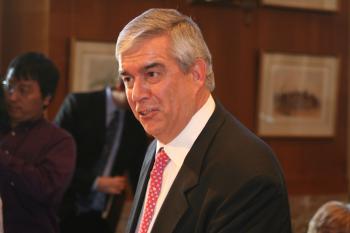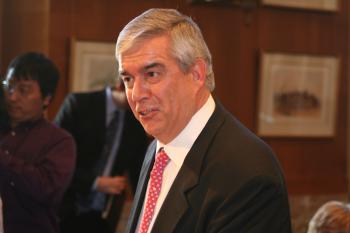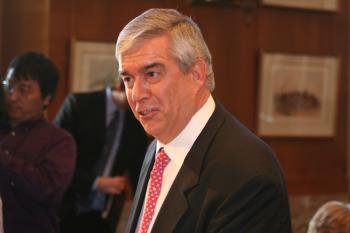WASHINGTON—China gives the appearance of a modern state, with a comprehensive judicial system and code of laws. In reality, China experts agree that respect for the rule of law and individual rights common in democracies takes a backseat to other state priorities. Still, the Chinese regime must have answers to international inquiries about how China is addressing, for example, climate change, environmental protection, and the recent Tibetan and Uyghur protests.
To access how China’s legal system and human rights protections are evolving, the Congressional-Executive Commission on China (CECC) asked a group of experts to assess the current state of human rights and the rule of law.
“In its 2009 report, the [CECC] Commission expressed deep concerns about the continual human rights abuses and the stalled rule of law development,” said Senator Byron L. Dorgan (D-ND), Co-Chairman of the Commission, in his opening statement. The 2009 annual CECC report is scheduled for an Internet release on Oct. 13.
“Mr. Chairman, I am afraid that what we have seen in China is not the emergence of rule of law but rule by law. All of China’s developing legal structures, regulatory institutions, bureaucratic agencies, don’t amount to real law, since the communist party and the government aren’t subject to them,” said ranking member Rep. Chris Smith (R-NJ).






